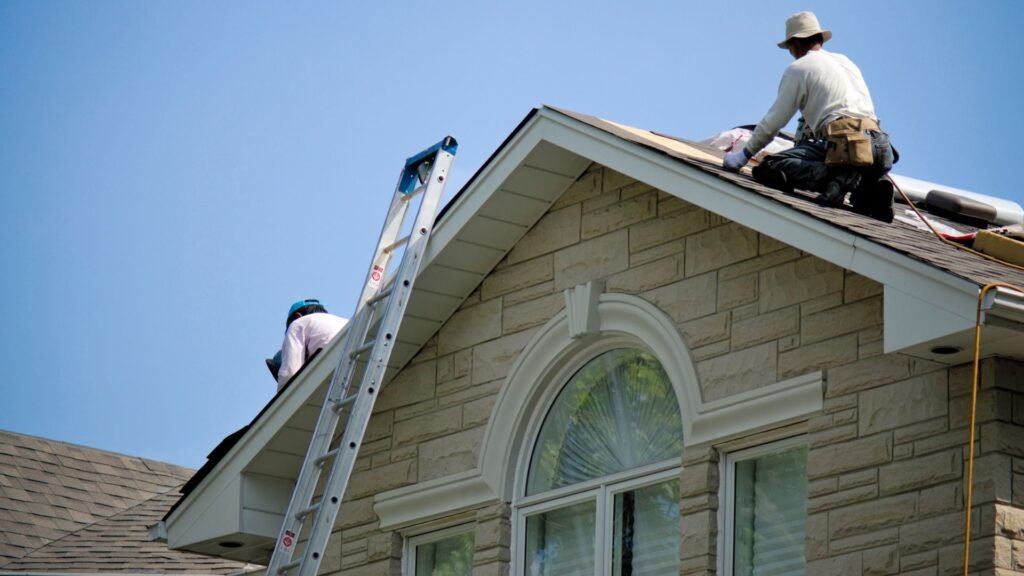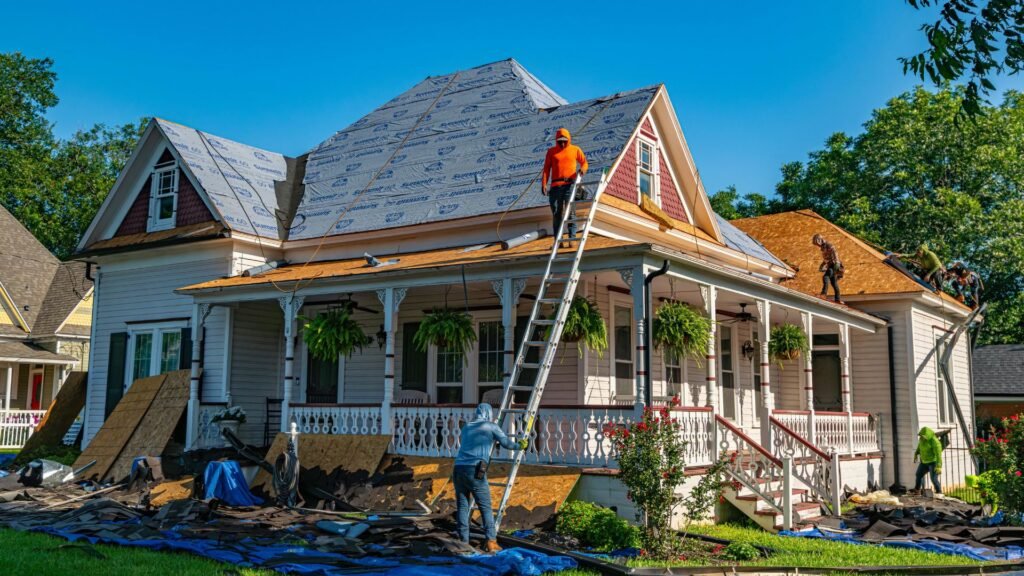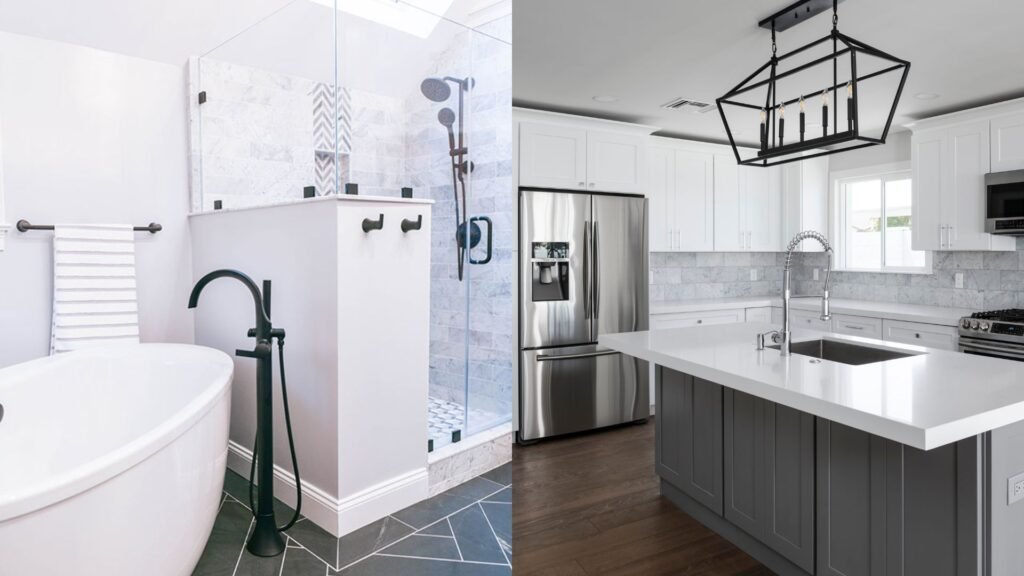Welcome to your go-to guide on how to check a builder’s credentials in NZ, because hiring the right builder can make or break your entire project. Whether you’re planning a home renovation, building from scratch, or just fixing a leaky roof, it’s easy to assume every builder out there is legit. But here’s the truth: not all builders are licensed, qualified, or trustworthy. Skipping proper checks could leave you with legal headaches, poor workmanship, or unsafe structures. In this guide, you’ll learn exactly what to look for, how to verify licenses, and which red flags to avoid, so you can make smart, confident decisions before signing any contract.
To check a builder’s credentials in NZ, start by verifying their Licensed Building Practitioner (LBP) status on the official LBP Register. Look for valid license classes, current status, and any disciplinary history. Also confirm membership with professional bodies like Master Builders or NZ Certified Builders, ask for proof of qualifications and insurance, and review feedback on trusted platforms like NoCowboys or BuildersCrack.
Table of Contents
Why You Should Always Check A Builder’s Credentials
When you’re investing in a construction or renovation project in New Zealand, one of the most important steps you can take is to check your builder’s credentials. It may seem like a formality, but skipping this step can lead to serious and expensive problems down the line. This isn’t just about trust, it’s about protecting your money, your property, and your future peace of mind.
Real-Life Consequences Of Hiring An Unqualified Builder
Hiring someone without proper qualifications or licensing can quickly turn into a nightmare. There have been countless cases in NZ where homeowners were left with incomplete projects, substandard work, or major safety hazards, all because they didn’t do a simple background check. In many of these situations, the builder disappeared with the deposit or left the job half-finished, forcing the homeowner to pay twice to get the work redone.
Even when the builder sticks around, poor workmanship from unqualified individuals often leads to structural problems, leaks, and long-term damage. That means more stress, more money, and more time spent on fixes that could have been avoided with a little research.
Legal Risks, Budget Blowouts, And Structural Issues
In New Zealand, if your building work requires a consent (like home extensions, decks, or structural changes), it must be done or supervised by a Licensed Building Practitioner (LBP). If your builder doesn’t hold this license, and you still proceed, your work may not meet building code standards, and you may not receive a Code Compliance Certificate (CCC) from your council. This can lower your property value or make it harder to sell in the future.
Unlicensed work can also void insurance claims. Imagine discovering a roof leak years later only to find out your claim is denied because the builder wasn’t properly qualified. On top of that, budget overruns are more common with unverified builders. Poor planning, hidden costs, and lack of accountability often mean the project costs way more than expected.
Peace Of Mind: Knowing The Job Will Meet NZ Standards
When you hire a licensed, qualified, and verified builder, you can feel confident knowing that your project will meet the legal and safety standards set out under New Zealand’s building regulations. A credentialed builder is more likely to follow best practices, use quality materials, and complete the job professionally.
You also gain clear lines of communication. Licensed builders are required to provide written contracts, warranties, and documentation. That makes it easier to resolve issues or hold them accountable if things go wrong. It’s about reducing risk and ensuring you get what you’re paying for.
Mention NZ-Specific Rules Under The Building Act
Under the Building Act 2004, restricted building work must be carried out or supervised by an LBP. This includes anything that affects the structure or weatherproofing of a home, like foundations, roofing, and framing. Builders must also follow the Building Code, which sets the performance standards for all building work in NZ.
If your builder isn’t licensed, not only are you breaking the law, but you’re also opening yourself up to enforcement action or fines. Councils can stop your project, and in some cases, you may have to redo the work entirely, at your own expense.
- Bottom line: Always check credentials before signing anything. You’re not just hiring someone to build a wall or lay tiles, you’re hiring someone to protect your investment, your safety, and your peace of mind.
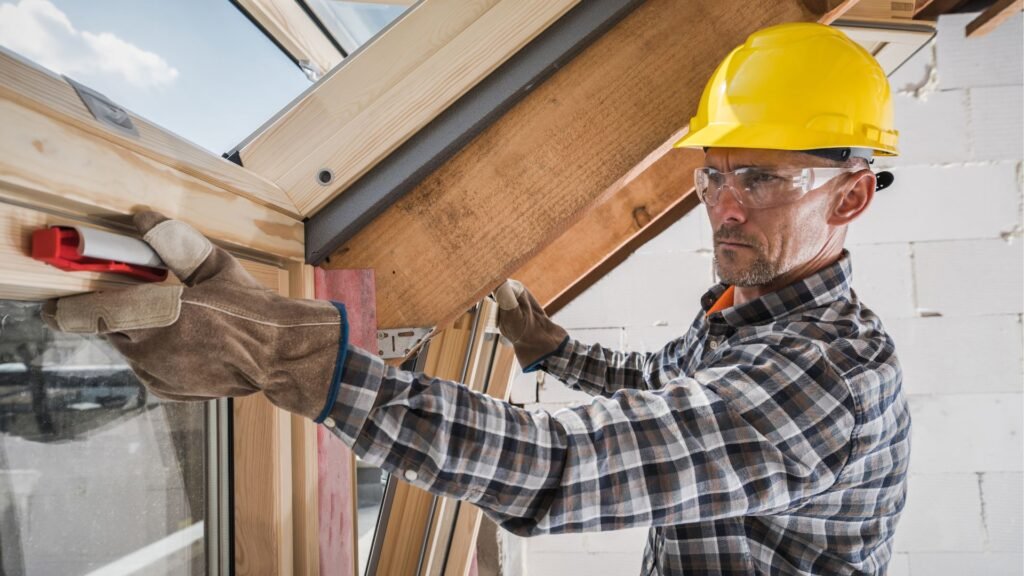
What Credentials Should A Legit Builder Have In NZ?
Choosing a builder isn’t just about getting the best price or fastest timeline. It’s about making sure the person or team you hire is qualified, trustworthy, and legally allowed to do the work. In New Zealand, there are clear standards that every legitimate builder should meet. These credentials help protect you from low-quality work, legal issues, and financial risk.
Here’s a breakdown of the key credentials every builder in NZ should have before you sign any contract.
Licensed Building Practitioner (LBP)
This is the most important credential to check. A Licensed Building Practitioner is someone who has been assessed by the Ministry of Business, Innovation and Employment (MBIE) and is legally approved to carry out or supervise certain types of building work, known as Restricted Building Work (RBW).
Who Needs An LBP License?
Any builder involved in key structural parts of a home, like foundations, framing, roofing, or exterior cladding, must be licensed if the work falls under the RBW category. This is required by law under the Building Act 2004.
Where Can You Check A Builder’s License?
You can search for a builder’s license status on the LBP Public . You’ll find their license class (e.g., carpentry, roofing), current status (active or expired), and any disciplinary history.
Why It Matters
If your builder isn’t licensed and the work is restricted, your project may not get building consent. Even worse, your insurance may not cover issues down the track.
Trade Qualifications
Trade qualifications show that a builder has received formal training and passed required assessments. While not all builders need to hold a trade certificate, it’s a strong sign of skill and commitment to high standards.
What Qualifications Are Relevant In NZ?
- National Certificate in Carpentry
- New Zealand Certificate in Building
- Completed apprenticeships through registered training providers
- Other certifications from NZQA-recognised institutions
Why It Matters
Builders with proper training tend to follow safe practices, meet code requirements, and deliver higher quality finishes. Always ask what qualifications they or their team hold.
Membership In Industry Bodies
A reputable builder will often be a member of a recognised industry association. While not legally required, membership shows that the builder agrees to follow a strict code of conduct and maintain certain standards.
Key associations in NZ:
Master Builders Association
Members must meet criteria around experience, skill, financial stability, and customer satisfaction. They also offer access to the Master Build 10-Year Guarantee, which adds extra protection for your project.
New Zealand Certified Builders (NZCB)
This group only accepts builders who hold a trade qualification. It’s a good sign that the builder has both the training and a reputation worth protecting.
Why It Matters
Industry bodies often provide dispute resolution services and require ongoing education. This shows a builder is serious about staying current and accountable.
Insurance And Guarantees
Even the best builder can make a mistake. That’s why proper insurance and solid guarantees are essential before any work begins.
What Should A Legit Builder Have?
Public Liability Insurance
This covers accidental damage to your property or third-party property during the building process.
Contract Works Insurance
This protects the actual work being done, like if a storm or fire damages the site mid-project.
Written Guarantees
Look for builders who offer long-term guarantees, ideally 10 years. These may come through industry groups (like Master Build) or private insurers.
Why It Matters
Without insurance, you could be on the hook for thousands if something goes wrong. Guarantees give you peace of mind that your builder stands behind their work.
Hiring a builder without verifying these credentials is a gamble. You wouldn’t trust an unlicensed doctor or lawyer, so don’t take risks with your home either. Always ask for proof, double-check it, and don’t be afraid to walk away if something feels off. Your future self will thank you.
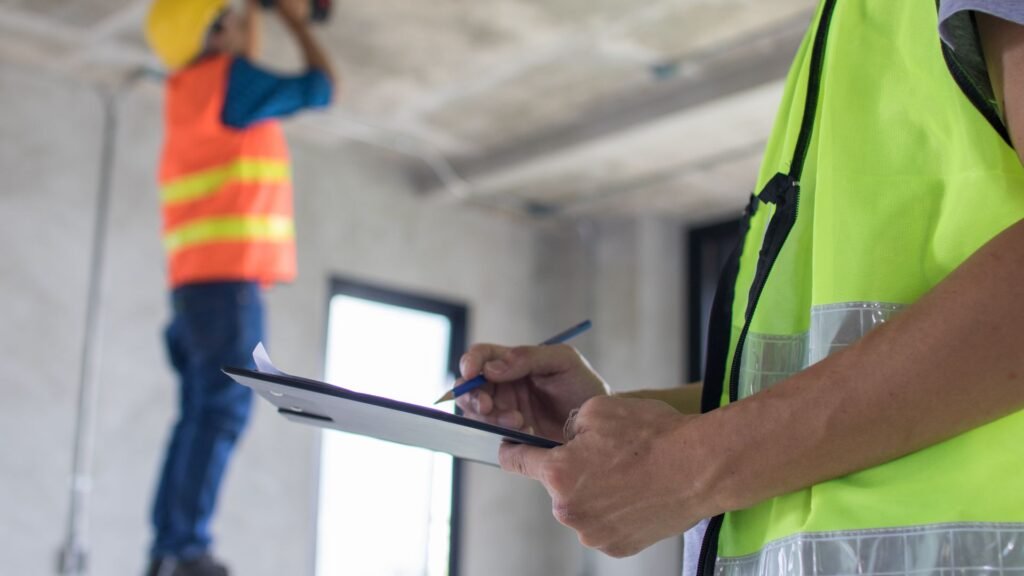
How To Verify A Builder’s LBP License
Verifying a builder’s Licensed Building Practitioner (LBP) license in New Zealand is a simple but crucial step that protects you from unqualified or dishonest contractors. Whether you’re building a new home or renovating your kitchen, making sure your builder is properly licensed helps ensure the work meets New Zealand’s legal and safety standards. Here’s how you can check a builder’s LBP status using the official online tool, and what to watch out for while doing it.
Step-By-Step: Using The LBP Register
The easiest and most reliable way to verify a builder’s license is by using the LBP Register, a free public tool provided by the Ministry of Business, Innovation and Employment (MBIE). Follow these steps:
1. Go to the LBP Register: Visit on your browser.
2. Search by name or license number: Enter the builder’s full name or their license number. You can also search by business name if you don’t know the individual’s details.
3. Review the profile: You’ll see their official profile page, which includes:
- Full name
- License number
- License class (e.g. Carpentry, Site, Roofing, Bricklaying)
- License status (active, expired, or suspended)
- Disciplinary history if applicable
If a builder can’t provide their license number or full name, that’s a red flag. Legitimate builders won’t hesitate to show you proof of their credentials.
What To Look For: License Class, Current Status, Disciplinary Notes
Once you’ve found the builder on the register, pay close attention to these key details:
- License Class: This shows the area they are qualified in. For example, someone licensed in “Carpentry” is legally allowed to carry out or supervise structural framing work. Make sure the class matches the type of work you’re hiring them to do.
- Current Status: This tells you if the license is active, expired, or suspended. You should only hire builders with a status marked as current. An expired or suspended license means they’re not legally allowed to perform restricted building work.
- Disciplinary History: Scroll to the bottom of the profile to see if there are any disciplinary notes. This section shows if the builder has been penalized for poor conduct or violations. A clean record is ideal, but if there is a history, read it carefully and ask the builder for context before making a decision.
Red Flags: Expired License, Wrong License Type
Some builders may try to assure you they’re “experienced” even if their license isn’t valid. Here are warning signs that should make you reconsider:
- Expired License: A builder with an expired license is not legally permitted to carry out restricted building work. If they tell you it’s “being renewed,” wait until it’s officially active before hiring them.
- Wrong License Type: Someone licensed in roofing should not be building structural walls. Each license class has specific scope. If the license doesn’t match the work, that’s a legal and safety issue.
- Unwilling to share credentials: If a builder avoids giving their license number or tries to convince you it’s not necessary, that’s a major red flag. Transparency is a sign of professionalism.
Verifying a builder’s LBP license isn’t about being suspicious, it’s about protecting your project, your investment, and your safety. With just a few minutes on the LBP Register, you can confirm that your builder meets all the legal requirements to do the job right. It’s a small step that saves you from big problems later.
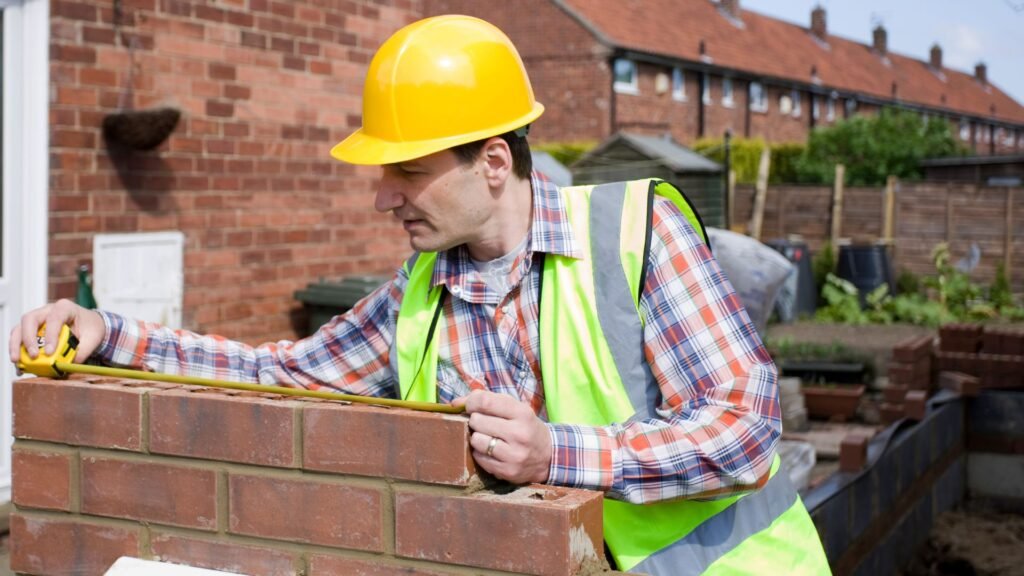
How To Check For Membership In Professional Associations
When hiring a builder in New Zealand, it’s not enough to just check their license. You also want to know if they’re committed to quality, ethics, and ongoing professional development. That’s where professional associations come in.
Builders who belong to groups like the Registered Master Builders Association or the New Zealand Certified Builders Association show they’ve met strict standards, often above what the law requires. Let’s break down why this matters and how to confirm their membership.
Why Associations Matter
Membership in a respected trade association isn’t automatic. Builders must meet entry requirements, follow a code of conduct, and maintain consistent performance to stay in good standing. That’s important for you because:
- It shows the builder takes their work seriously
- Associations provide training, which means your builder stays current
- Most groups offer dispute resolution services if things go wrong
- Builders are often held to higher standards than the minimum legal requirements
For example, the Master Builders Association requires members to offer a 10-year guarantee, and the NZ Certified Builders only accepts qualified tradespeople.
How To Verify Membership On Official Websites
Don’t just take a builder’s word for it, check for yourself. Most associations have an online member directory where you can search by name, business, or location.
Here’s how:
- Visit the Registered Master Builders website
- Look for the “Find a Builder” or “Member Directory” section
- Enter the builder’s name or company
- Confirm the listing is active and matches their business details
Do the same on the NZ Certified Builders website. If they’re not listed, ask the builder for proof of membership or contact the association directly.
Avoid builders who claim affiliation but can’t be found in the directory. It could be a red flag.
What It Tells You About The Builder’s Professionalism
When a builder is a member of a professional association, it says a lot:
- They’re confident in their skills and reputation
- They value transparency and accountability
- They’ve passed an extra level of vetting
- They’re part of a network that supports professional growth
You’ll also likely get added benefits, like warranties or access to a complaints process, if something doesn’t go as planned.
Checking for professional memberships helps you separate serious builders from those who just talk a good game. It’s a simple step, but it can save you a lot of stress and uncertainty down the road.
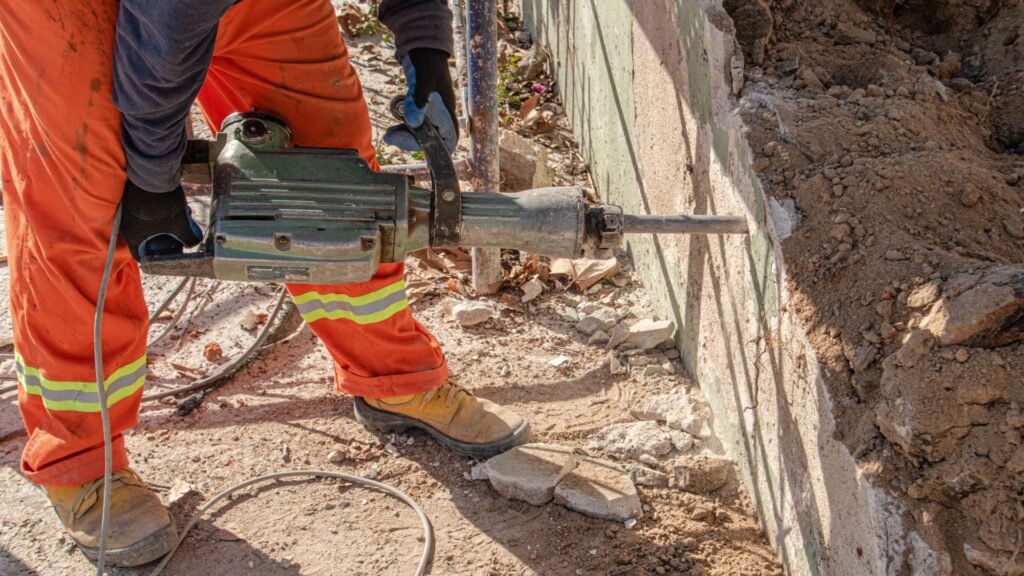
Warning Signs To Watch Out For
Hiring a builder is a major decision, and getting it wrong can lead to serious headaches. That’s why it’s important to spot early warning signs before signing anything. If something feels off, trust your gut and ask more questions. Below are red flags that could mean a builder isn’t trustworthy, licensed, or experienced enough to take on your project in New Zealand.
No Written Quote Or Vague Contract Terms
A professional builder should always provide a clear, itemized written quote. If they only offer verbal pricing or avoid putting details in writing, that’s a major red flag. Without a written quote, you’re left wide open to unexpected costs, miscommunication, and legal issues if something goes wrong.
Also, watch out for vague contract terms. A good contract should outline the scope of work, materials, start and finish dates, payment schedule, and how changes will be handled. If a builder resists providing this or offers a rushed, unclear document, move on.
Pushy Behavior Or Reluctance To Show Documentation
A reputable builder will be transparent, patient, and open to questions. If someone pressures you to “sign now” or acts annoyed when you ask to see their license, insurance, or references, that’s a red flag. Builders who are reluctant to provide basic documentation often have something to hide, whether it’s a lack of qualifications or a history of complaints.
Never feel rushed. If the builder truly values your business, they’ll respect your need to check their background first.
Reviews That Seem Fake Or Overly Polished
Online reviews are helpful, but they aren’t all reliable. If every review seems overly positive, vague, or repeated across different platforms, they may be fake. Look for patterns, genuine reviews often mention specifics like the type of work done, communication quality, and overall professionalism.
Balance good and bad reviews. Even great builders might have one or two negative comments. What matters is how they responded and handled the issue. Fake reviews? That’s a different story, and a clear reason to dig deeper.
Requests For Large Upfront Payments
Some upfront payment is normal, especially to book the job or cover materials. But if a builder asks for a large deposit, 30% or more, before any work begins, be cautious. Reputable builders typically ask for smaller progress payments as work is completed.
A large upfront payment with no contract or milestones increases the risk of disappearing acts or unfinished work. Always ask what the deposit covers and tie payments to specific stages in the build. Never pay in full upfront.
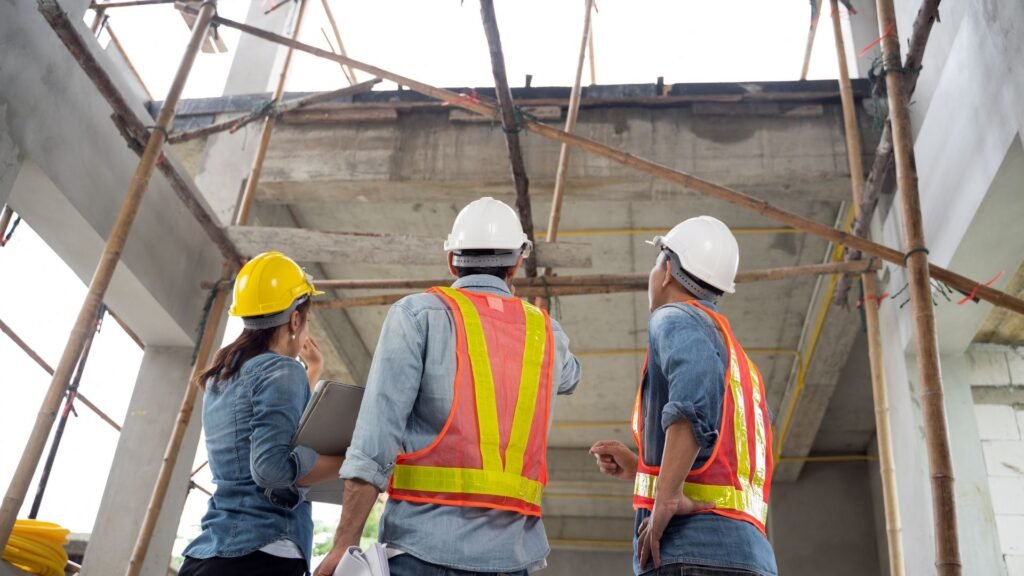
Where To Read Reviews And Check Reputation
Choosing a builder isn’t just about qualifications, it’s also about trust. One of the easiest ways to gauge a builder’s trustworthiness is by reading online reviews. These give you a glimpse into how a builder handles real-world projects, communicates with clients, and responds to problems. Here’s where to look, and how to separate honest feedback from fake or biased ones.
Google Reviews, Facebook, TradeMe Services
Start with the platforms people use every day. Google Reviews often appear directly in search results when you search for a builder’s name or business. These reviews are tied to Google accounts, which makes it harder for builders to manipulate them. Read both the star rating and the comments, look for patterns in how people describe the builder’s punctuality, workmanship, and communication.
Facebook is another useful platform, especially for local builders. Many small businesses have Facebook pages where past clients leave reviews and photos. You can also browse comments on posts to see how the builder interacts with their community.
TradeMe Services is a popular choice in New Zealand for finding and reviewing service providers. Listings often include detailed feedback and job history, which adds another layer of transparency. Check how long they’ve been active and how many completed jobs they have listed.
Builderscrack, Nocowboys.co.nz
BuildersCrack is one of the most trusted directories for hiring and reviewing tradespeople in NZ. Every job completed through the platform can be reviewed, and ratings are tied to real customers who hired the builder. You’ll see reviews about pricing, reliability, and how well the builder followed through.
NoCowboys.co.nz is another popular local site that lets customers rate tradespeople across several categories, communication, timeliness, and value, among others. It’s designed to help you avoid poor service and find reliable professionals.
Both platforms require real accounts and jobs to leave reviews, which makes fake feedback harder to publish. If a builder has strong ratings across both sites, it’s usually a good sign.
How To Filter Out Biased Or Fake Reviews
Not every review you read online tells the full story. Some may be overly positive because they were posted by friends or family. Others may be negative out of spite, especially if a customer didn’t get a discount or freebie. Here’s how to spot the difference.
Look for:
- Multiple reviews that sound too similar
- Reviews posted in bulk over a short period
- Generic praise with no project details
- Reviewer profiles with no photo or other reviews
Instead, focus on reviews that:
- Mention specific jobs or challenges
- Include before-and-after photos
- Talk about how the builder handled delays or issues
- Are spread out over time and show consistency
Reading with a critical eye will help you find builders with genuine reputations, good or bad. Don’t base your decision on one or two reviews. Instead, look for trends across different platforms.
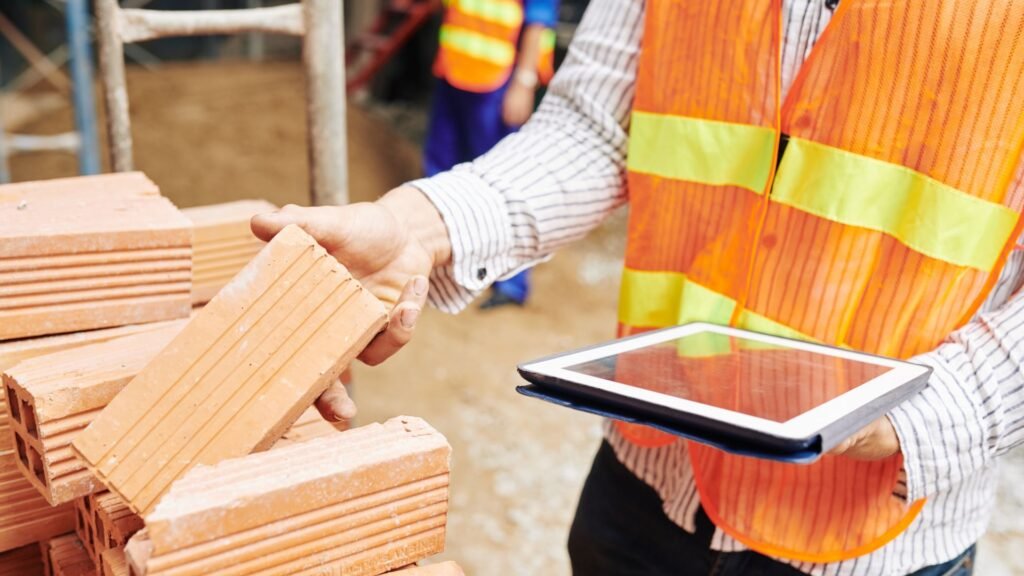
What To Do If You Suspect A Builder Is Unlicensed Or Unqualified
Hiring a builder without checking their background can lead to serious problems. If something feels off, whether it’s poor communication, refusal to show credentials, or strange contract terms, you need to act fast. Here’s a detailed, practical guide on what to do if you suspect a builder is working without a proper license or the right qualifications in New Zealand.
Report To MBIE Or The LBP Board
If you believe a builder is falsely claiming to be licensed, or is doing restricted building work without the proper license, your first step is to report them. The Ministry of Business, Innovation and Employment (MBIE) is responsible for overseeing building regulations in NZ.
You can submit a complaint directly through the Licensed Building Practitioner (LBP) Board, which investigates serious concerns. They handle:
- Builders doing restricted work without an LBP license
- LBPs acting outside their license class
- Misleading or dishonest practices
- Poor workmanship on licensed tasks
Make sure to gather supporting evidence like photos, emails, text messages, or a copy of the contract. Include any communication that proves your concern is valid. The more detailed your report, the stronger the case.
Contact Local Council If Unsafe Work Is Being Done
If the builder’s work appears dangerous or non-compliant, get in touch with your local council’s building department. Councils have the power to:
- Inspect the worksite
- Issue stop-work notices
- Enforce repairs or demolition if needed
- Withdraw building consents if laws are breached
For example, if you see missing building paper, exposed framing, or unapproved structural changes, call your local council right away. Unsafe work puts everyone at risk, including future occupants and neighboring homes.
Don’t wait until the build is complete. Councils prefer to act early, while problems can still be fixed.
How To Protect Yourself Legally
If you’ve signed a contract and later find out the builder is unlicensed or unqualified, you still have legal options. Here’s what you can do to reduce the damage:
- Pause all payments immediately if you have doubts
- Send a formal notice in writing asking for license proof
- Consult a construction lawyer for contract review and next steps
- Keep detailed records of all work done, including photos
- Ask for a second opinion from a qualified builder or inspector
You may also be eligible to take action under the Consumer Guarantees Act, the Fair Trading Act, or through the Disputes Tribunal, depending on the cost and scope of the job.
In severe cases involving fraud or financial loss, you can report the issue to the New Zealand Police, especially if false documentation was provided.
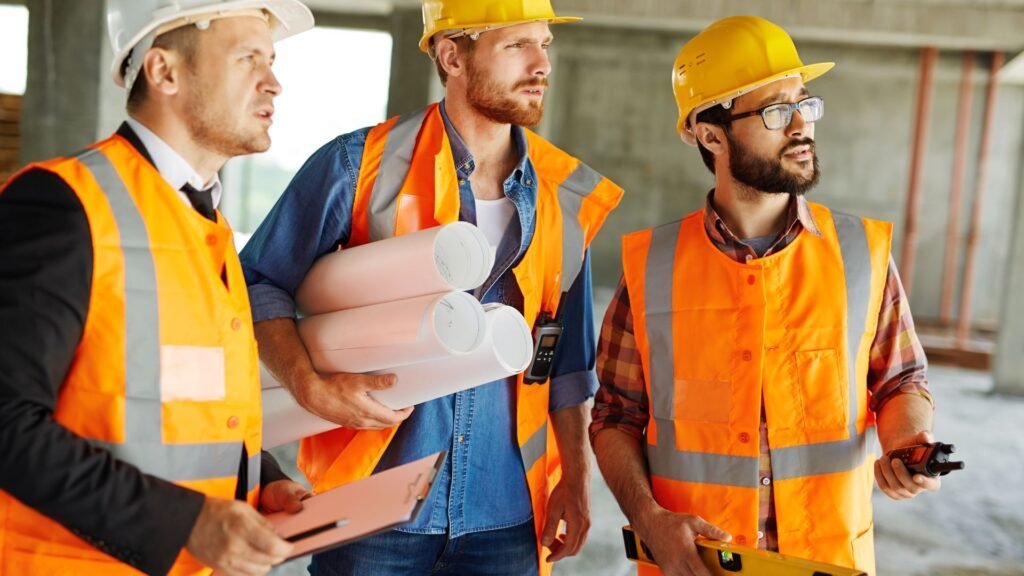
Final Checklist Before You Sign Anything
Before you move forward with any building project in New Zealand, it’s critical to go through a clear, final checklist. This step ensures you’re not rushing into a risky agreement, and that you’ve done your homework. Many homeowners get caught out by skipping the details, only to deal with legal issues, cost blowouts, or unfinished work later.
Below is a simple, no-fluff explanation of what you need to tick off before signing any contract with a builder.
All Credentials Verified
Start by confirming that your builder is a Licensed Building Practitioner (LBP). Visit the official LBP Register, search by name or license number, and check the license class and status. This confirms they’re legally allowed to carry out restricted building work. Don’t just take their word for it, ask to see their license in person and verify it online.
If they claim to be a member of professional bodies like Master Builders or NZ Certified Builders, check that too. Membership in these associations often means they’ve met extra quality and ethics standards.
Written Contract Reviewed
Never rely on a verbal agreement. A detailed written contract protects both you and the builder. It should include:
- A clear project scope
- Agreed timelines
- Payment terms
- Warranties or guarantees
- Process for handling variations
Review every clause. Ask questions if anything seems vague. If needed, have a legal professional take a look, especially for bigger jobs.
Insurance Documents Sighted
Ask for proof of insurance and check that the coverage is valid. At minimum, your builder should have:
- Public liability insurance: Covers damage to your property or injury to others
- Contract works insurance: Covers the building project from start to finish
Make sure the documents are up to date and that the policy covers your specific project. This step protects you if something goes wrong during the build.
References Contacted
Speaking directly with previous clients is one of the best ways to assess a builder’s reliability. Ask the builder for 2–3 recent references and follow up with each one. When you call or email, ask:
- Was the work completed on time and within budget?
- Were there any unexpected problems?
- Would they hire this builder again?
Don’t rely only on online reviews, real conversations reveal more details.
Building Consents (If Required) Discussed
Depending on the type of work, building consents may be needed from your local council. Your builder should know exactly what’s required and be willing to help you apply or guide you through the process.
Ask these questions:
- Who will apply for the building consent?
- What work requires consent?
- What’s the expected timeline for approval?
Skipping this can lead to legal issues or fines. Worse, unconsented work may affect future resale value or insurance claims.
Taking time to go through this checklist isn’t just about protecting your money, it’s about making sure your project runs smoothly, legally, and without regrets. The goal is to enter into the agreement with confidence, not stress. Always double-check before you sign, even if the builder seems trustworthy. A little diligence now will save you a lot later.
Looking for builders you don’t have to second-guess? We’ve done the hard work so you don’t have to. Explore our trusted network on our homepage.
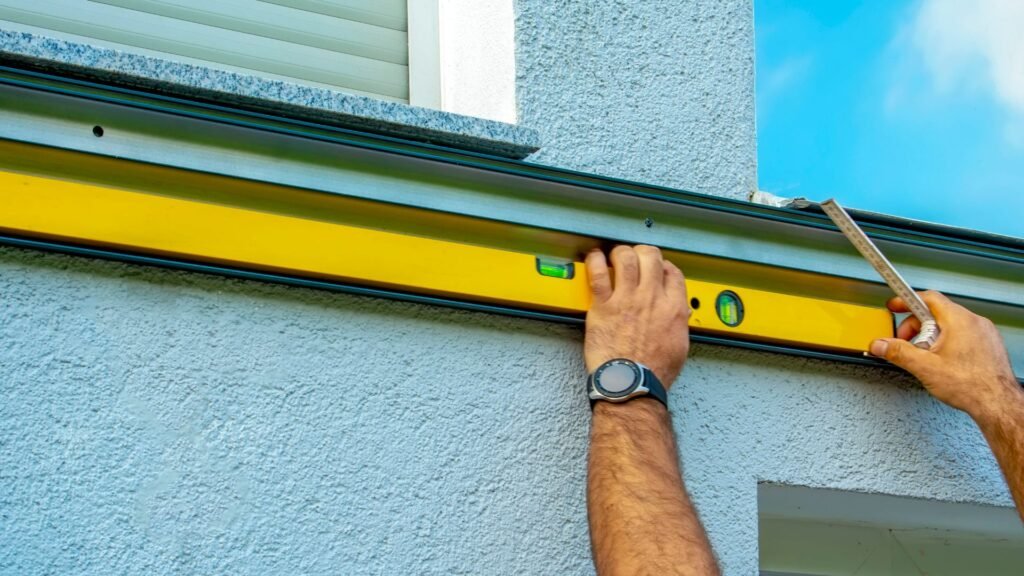
FAQs: About How To Check A Builder’s Credentials In NZ
Why is it important to check a builder’s credentials in NZ?
Checking a builder’s credentials ensures they are legally licensed, qualified, and experienced. It helps protect you from poor workmanship, legal issues, and costly mistakes.
What is a Licensed Building Practitioner (LBP)?
An LBP is a building professional licensed by the New Zealand Ministry of Business, Innovation and Employment (MBIE). Only LBPs can carry out or supervise certain restricted building work.
How do I verify if a builder is an LBP?
You can verify a builder’s license on the official LBP Register at the MBIE website. Look for the license class, current status, and any disciplinary actions.
What professional associations should a builder be part of?
Look for builders who are members of reputable groups like Master Builders Association or New Zealand Certified Builders. These bodies have standards for quality and conduct.
Can I hire a builder without an LBP license?
For minor work, it might be legal. But for restricted building work (like structural or weathertightness work), an LBP is required by law.
What documents should a builder provide before starting work?
They should provide proof of license, insurance (public liability and contract works), references, and a detailed written quote or contract.
Where can I read honest reviews about builders in NZ?
Check platforms like BuildersCrack, NoCowboys, TradeMe Services, Google Reviews, and Facebook for feedback from previous clients.
What are red flags when checking a builder’s credentials?
Warning signs include no written quote, pushy behavior, reluctance to share license details, lack of online presence, or poor-quality reviews.
What if I suspect a builder is unlicensed or dishonest?
You can report them to MBIE or the LBP Board. If unsafe work is involved, also contact your local council. Document everything for your records.
Can I verify a builder’s insurance coverage?
Yes. Ask to see a current certificate of insurance. Confirm the policy covers public liability and contract works for the full scope of the project.
Conclusion
A quick recap, don’t skip the credential check when hiring a builder in NZ. It’s easy to assume someone with a friendly pitch or flashy website is the real deal, but the truth is that proper verification protects you from costly mistakes and potential legal issues. Trust is good, but taking the time to verify licenses, qualifications, and reviews is even better. Always ask for their LBP number, check their status on the Licensed Building Practitioner, confirm if they’re part of trusted groups like Master Builders or NZ Certified Builders, and don’t be afraid to walk away if something feels off. Doing a little homework upfront can save you from big regrets later. Take your time, ask the right questions, and make sure the builder you hire is qualified, reputable, and backed by a solid track record.



